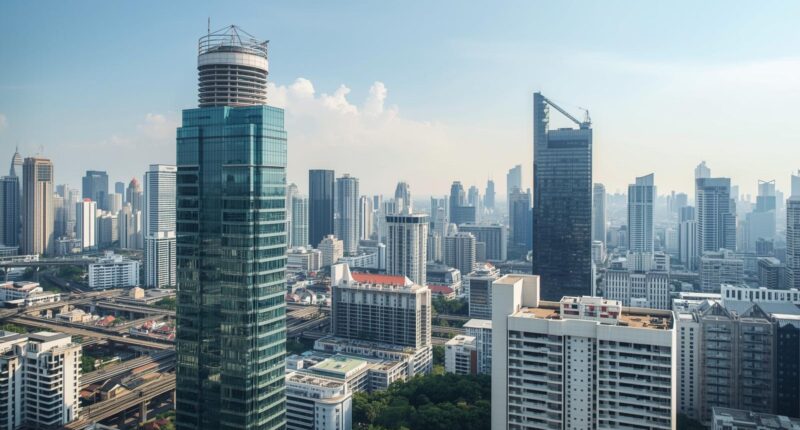How to Invest in Bangkok Real Estate Successfully
Bangkok, Thailand’s capital, has become one of the most attractive real estate markets in Asia. With its combination of affordable property prices, strong rental demand, and expanding infrastructure, it offers great opportunities for investors. However, to invest successfully, you need a clear strategy and a good understanding of local rules and trends.
Why Consider Bangkok Real Estate?
Bangkok’s property market provides several advantages for investors:
-
High rental yields fueled by expats, students, and professionals.
-
Strategic location as a gateway to Southeast Asia.
-
Ongoing infrastructure projects, including new BTS and MRT lines that boost property values.
👉 For a deeper overview, read our Guide to Buying Property in Bangkok.
Key Investment Areas in Bangkok
Sukhumvit
Known as the heart of expat life, Sukhumvit offers modern condominiums with high rental demand.
Silom and Sathorn
Bangkok’s financial hubs, ideal for professionals looking for condos near business centers.
Riverside
Perfect for luxury property investors seeking long-term value appreciation.
Emerging Suburbs
Affordable areas like Bang Na and Ratchada are gaining attention as infrastructure expands.
Steps to Invest Successfully
1. Understand Legal Framework
Foreigners can own condominiums but not land directly. Ensure the condo unit is within the 49% foreign ownership quota. For land investments, long-term leases (up to 30 years) or Thai company structures are common options.
2. Conduct Market Research
Study demand, rental yields, and future infrastructure plans. Properties near BTS Skytrain or MRT subway stations consistently perform better.
3. Work with Professionals
Hire a reliable real estate agent and lawyer to guide you through contracts, due diligence, and ownership transfers.
4. Evaluate Developer Reputation
Choose projects from established developers to avoid construction delays or quality issues.
5. Plan for Financing
Many foreigners pay in cash, but some banks and international institutions provide financing options. Compare rates and requirements before committing.
Risks to Consider
-
Oversupply of condos in certain areas can lower rental yields.
-
Currency fluctuations may affect returns for foreign investors.
-
Regulatory changes can impact ownership and taxation policies.
Final Thoughts
Investing in Bangkok real estate successfully requires more than just buying property—it involves researching the market, understanding Thai laws, and selecting prime locations. With careful planning, Bangkok can deliver strong rental income and long-term capital growth.
👉 Looking to compare opportunities abroad? Explore our guide on New York Real Estate: Trends and Insights for Buyers for a global perspective.









